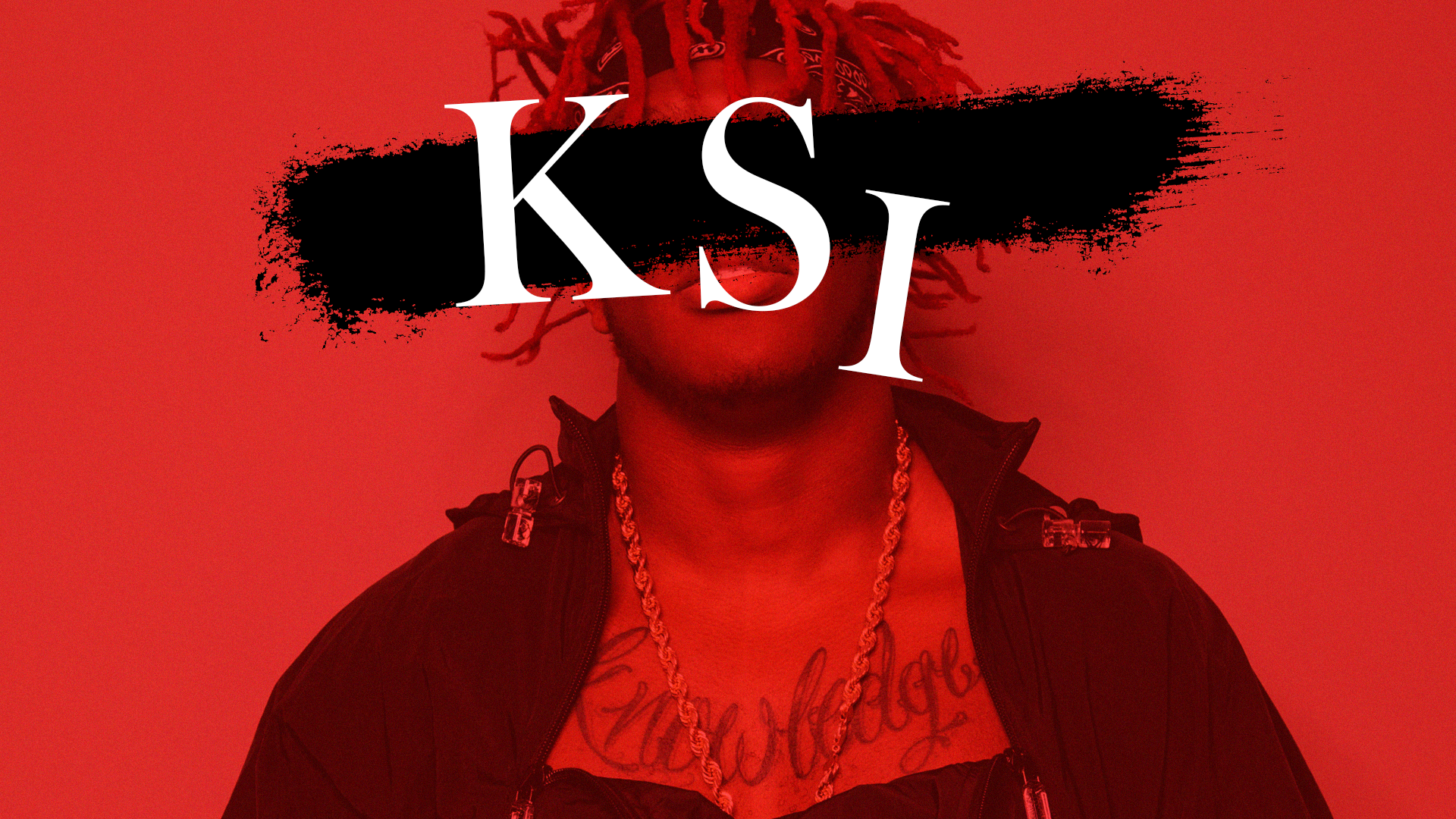Being a YouTuber before turning to music used to be a career choice that was ripe for ridicule. Thanks to new wave industry acts such as KSI, Joji, and Quadeca, the rules are finally changing.
It wasn’t all that long ago when Olajide Olatunji, better known as KSI, was making a name for himself opening FIFA packs and playing horror games on YouTube.
Known for his comedic energy and bubbling charisma, he surged through the competition and became a top level YouTuber all before the age of twenty. He remains in the UK today and is part of the Sidemen, a collective that makes weekly skit videos and comedy sketches often based on television shows, and draws in millions of viewers every week.
KSI as a solo act has shifted from gaming commentator to full blown athlete and musician as the years have gone on. In 2018 and 2019 he sold out arenas to fight Logan Paul, dropped a bunch of diss tracks on friends and foes alike, and now makes reaction content based on his subreddit. Now, after all of that, he’s just dropped his first fully fledged solo album titled Dissimulation, which clocks in at a neat 12 tracks and boasts a variety of features including Trippie Redd, Tion Wayne, Rick Ross, and many others.
It’s the first time a YouTube artist has taken on the top artists of popular music, and could have a huge hand in shaking off the dismissal that many internet artists face when they jump into the world of ‘serious’ music.
Why does the mainstream dismiss YouTube personalities as legitimate artists?
It’s not hard to see why some may have a hard time taking a YouTuber’s album as earnestly as they’d probably hope. While conventional acts build their craft from the ground up and establish their personas firmly in the arts, YouTubers tend to tread a line that is more akin with comedians and social media influencers.
Appreciating all the nuances and subtleties of an online celebrity’s more confessional musical moments is difficult when many associate them with FIFA pack openings, comedy skits, or daily vlogs. Every day we see the inside of their bedrooms as they react to memes or air out drama on a public stage – as an audience we feel like we know them inside out, though we most likely don’t. It’s this complete transparency and openness into a YouTuber’s life that negates any sense of mystique that may come with their music or expression.
It’s the equivalent of one of your mates dropping a mixtape full of love songs or introspective rap verses. The final product might be stellar, but they’ll always be a regular friend and person before they’re ever an ‘artist’. It’s this mentality that gives YouTube rappers and musicians a stigma.
Could things be changing in the industry?
Having said that, Dissimulation could mark a pretty big shift in attitude toward YouTubers and music.
It’s currently just behind The 1975’s latest album Notes On A Conditional Form on the official UK charts, and each song has close to over 2 million plays on Spotify within a week of release. Those are big, game-changing numbers for an internet celebrity, and it’s a sign that mainstream audiences may be becoming more receptive to artists that arise from unconventional places.
KSI isn’t the first to hit it big of course. George Miller turned to lo-fi alternative hip-hop and new wave emo in 2017, dropping his original YouTube alias of Filthy Frank and replacing it with the name Joji. He now enjoys a wildly successful career and boasts over 12 million listeners on Spotify, but has distanced himself from the YouTube scene as a result.





















